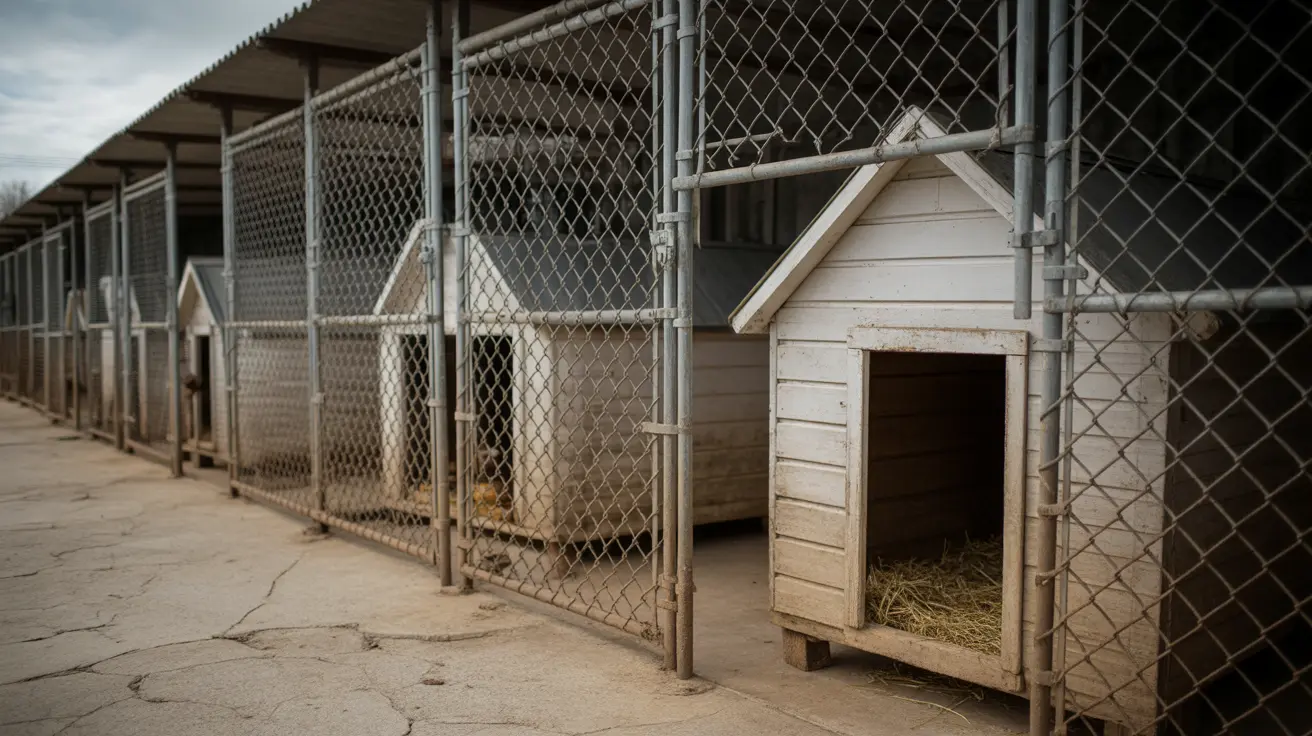Is Cheese Safe for Dogs? Understanding the Facts
Cheese is a popular food among humans, and many pet parents wonder whether it's safe to share this treat with their furry companions. While dogs often love the taste of cheese, it's important to understand how it affects their health. This article breaks down the facts about feeding cheese to dogs, including its benefits, potential risks, and safer alternatives.
Can Dogs Eat Cheese?
In general,
cheese is not toxic to dogs and can be fed in moderation. However, just because dogs can eat cheese doesn't mean they should have it regularly or in large quantities. Cheese is high in fat and contains lactose, which some dogs cannot digest properly. For these reasons, cheese should only be an occasional treat.
The Nutritional Content of Cheese
Cheese offers certain nutrients that dogs can benefit from in small amounts:
- Protein – Helps in muscle development and repair.
- Calcium – Aids in bone and dental health.
- Vitamin A – Supports skin, coat, and vision.
- Essential fatty acids – Beneficial for skin and coat health.
However, cheese is also high in saturated fat, calories, and sodium, which can be problematic in excess.
Common Health Concerns
Feeding cheese to dogs can lead to several issues, particularly if they consume too much:
- Obesity – Regular intake of high-fat foods like cheese can cause unhealthy weight gain.
- Pancreatitis – High-fat foods can trigger inflammation of the pancreas, especially in breeds predisposed to it (like miniature schnauzers).
- Lactose intolerance – Many adult dogs lack the enzyme lactase, making it difficult to digest dairy. This can lead to diarrhea, gas, bloating, and stomach pain.
- Diets high in sodium – Excess salt can lead to increased thirst, urination, and even sodium ion poisoning in rare cases.
Symptoms of Cheese Sensitivity
If a dog reacts poorly to cheese, you may observe symptoms such as:
- Vomiting
- Diarrhea
- Lethargy
- Loss of appetite
- Bloating
- Frequent gas
These signs typically arise within hours of consumption. Always monitor your dog closely after introducing any new food.
Cheese Types to Avoid
Not all cheeses are created equal — some may pose more risk than others:
- Blue cheese – Contains roquefortine C, which can be toxic to dogs.
- Cheese with garlic or herbs – Garlic and onions are toxic to dogs and often found in flavored cheeses.
- Cheese spreads and processed cheese – Usually contain high levels of sodium, preservatives, and artificial flavors.
Best Practice: Portion Control
If you choose to feed your dog cheese, do so in moderation. A few small cubes as a treat or to hide medications can be acceptable for most dogs. It's crucial to consider your dog’s size, health history, and overall diet.
Dog-Friendly Cheese Alternatives
If you're looking for healthy treat options for your dog, consider:
- Carrot sticks – Low in calories and good for dental health.
- Apple slices (without seeds) – High in fiber and vitamins.
- Boiled chicken – A lean protein source.
- Plain rice or pumpkin – Gentle on the stomach and good for digestion.
When to Consult a Veterinarian
If your dog experiences prolonged gastrointestinal distress or if you suspect they consumed a potentially harmful type of cheese, consult your veterinarian immediately. Dogs with pre-existing conditions like pancreatitis, obesity, or food allergies should avoid cheese entirely.
Conclusion: Is Cheese OK for Dogs?
Yes,
cheese can be safe for dogs in moderation, provided it is plain, free from toxic additives, and served occasionally. Always monitor your dog for adverse reactions and stick to healthier, vet-approved treats whenever possible. Maintaining a balanced diet tailored to your dog’s health needs is the best way to keep them happy and healthy.





